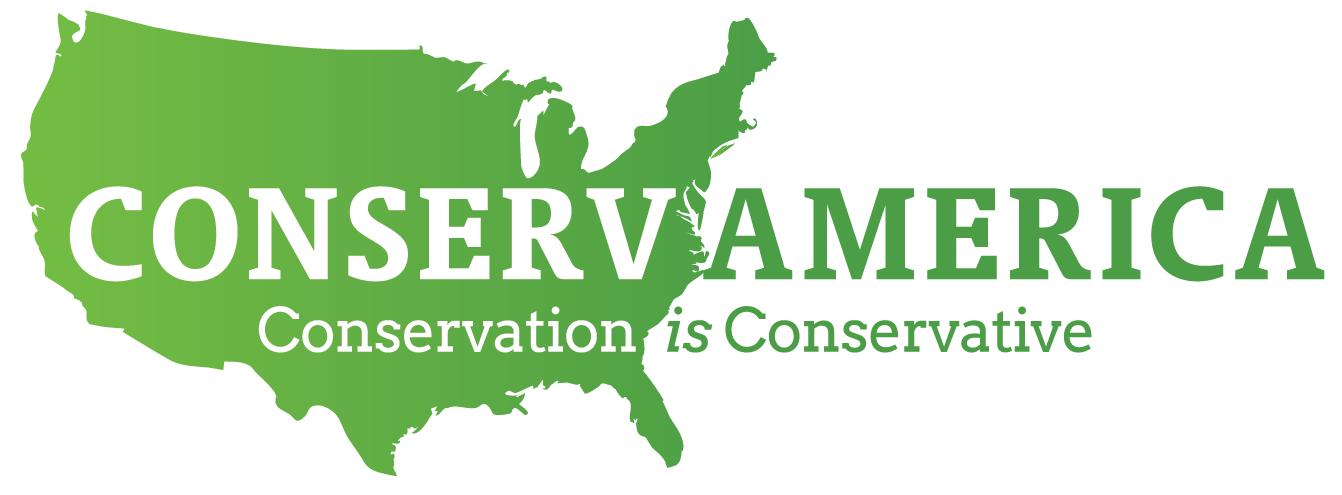New Report Highlights State Benefits Of The Land and Water Conservation Fund
Federal Offshore Oil And Gas Leasing Policies Hold Implications For Conservation Funding
Washington, DC – ConservAmerica is pleased to announce the release of our new webpage and report, Land Water Conservation Fund: A State-by-State Outlook; Implications from Offshore Oil and Gas Leasing Policies.
ConservAmerica’s report comes as the Department of Interior continues to deliberate on the 2023-2028 National Outer Continental Shelf Oil and Gas Leasing Proposed Program. Many lawmakers and NGOs are calling for a ban or restrictions on offshore leasing, which, if implemented, would have serious implications for future funding of conservation and recreational projects in the U.S.
Established in 1964, the Land and Water Conservation Fund (LWCF), mainly funded by offshore oil and gas exploration and leasing revenues, is responsible for ensuring America’s parks, outdoor space, historical sites, and more are adequately funded and protected, helping millions of Americans enjoy the outdoors and its natural beauty.
ConservAmerica’s research details more than 2,000 LWCF-funded projects, going back to 2016, by state and congressional district. In addition, ConservAmerica has a new interactive map showing every LWCF project, including funding levels, project descriptions, and comparative funding data with other states. This work highlights the LWCF’s overall benefits and provides insight into the type of projects that will be at risk if LWCF funding were to dry up.
“Offshore oil and natural gas exploration and leasing is the single largest dedicated funding source of conservation and outdoor recreation in the U.S.,” said ConservAmerica President Jeff Kupfer. “Some elected officials and groups villainize offshore leasing without considering the full implications of banning it. Besides harming our country’s energy security, banning offshore drilling would bankrupt the LWCF, shattering our ability to provide access to the great outdoors and wildlife conservation.”
The LWCF program is critical to protecting wildlife, recreational opportunities, and other conservation projects. LWCF’s contributions to urban areas are often overlooked, prioritizing projects in disadvantaged areas and those lacking natural outdoor recreation opportunities. The current administration has been clear in its commitment to advancing environmental justice and health equity. Cutting off these funds will shut down one of the major avenues lawmakers can take to correct inequities.
ConservAmerica is pleased to provide this representation of what it means to all Americans, including those living in underserved and economically disadvantaged communities.
The report highlights the following top ten states receiving LWCF funding in Fiscal Year 2022:
1. California – $23,646,441
2. Texas – $16,369,794
3. Florida – $13,083,768
4. New York – $12,711,817
5. Illinois – $8,977,039
6. Pennsylvania – $8,572,345
7. Ohio – $7,938,407
8. Georgia – $7,095,724
9. New Jersey – $7,088,640
10. Michigan – $6,969,264
In addition, among the publicly available data, the top ten funded LWCF projects from 2016 – 2022 include:
ConservAmerica is a nonprofit committed to working with policymakers and stakeholders at all levels to build consensus around responsible policies that can endure for generations. Contact us at Media@ConservAmerica.org.

